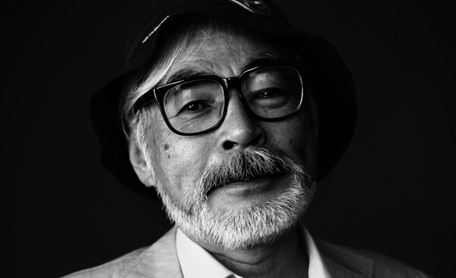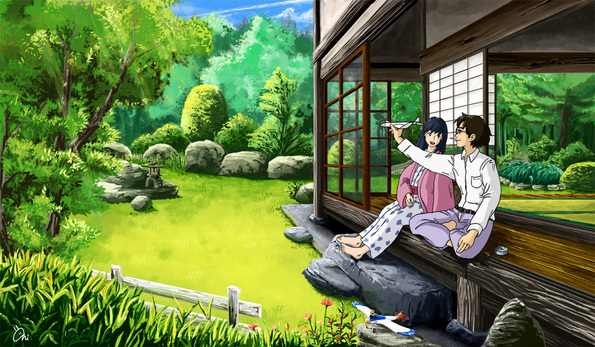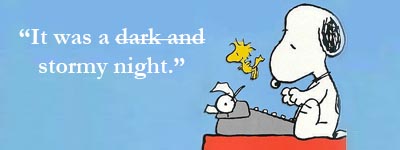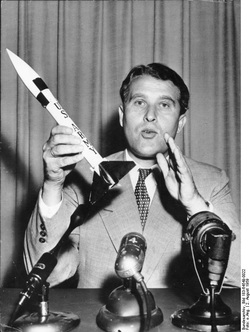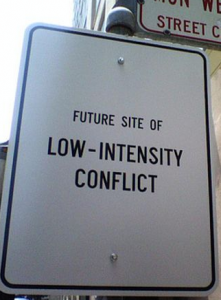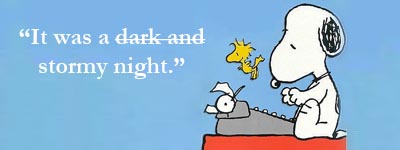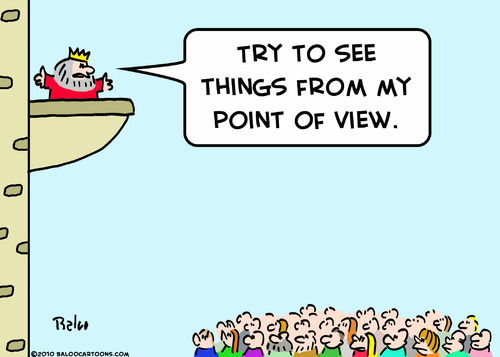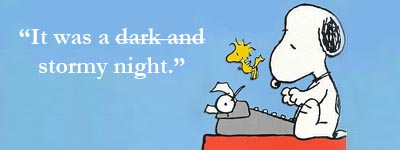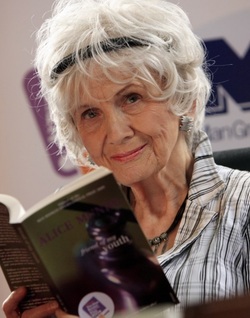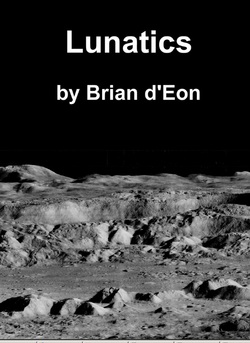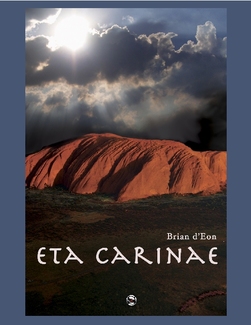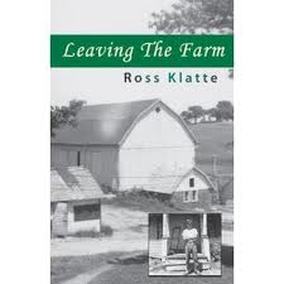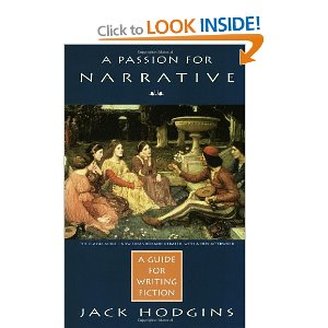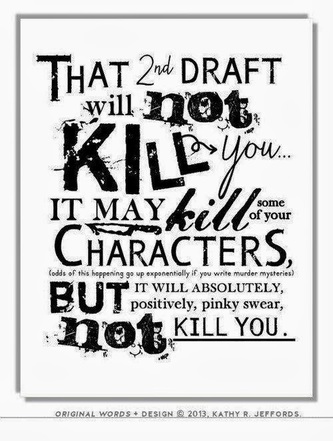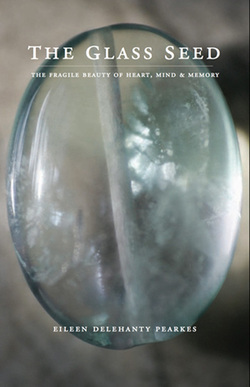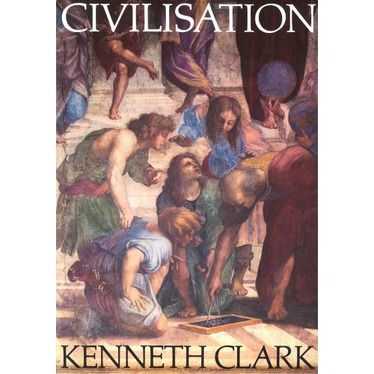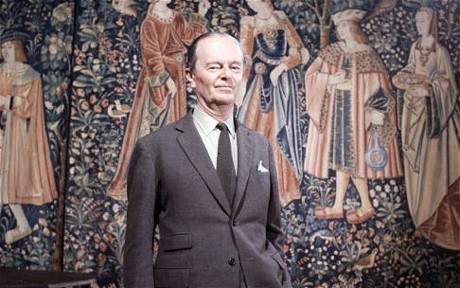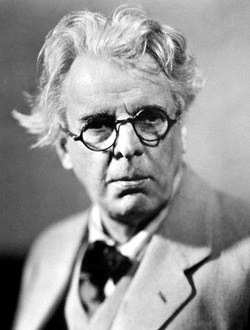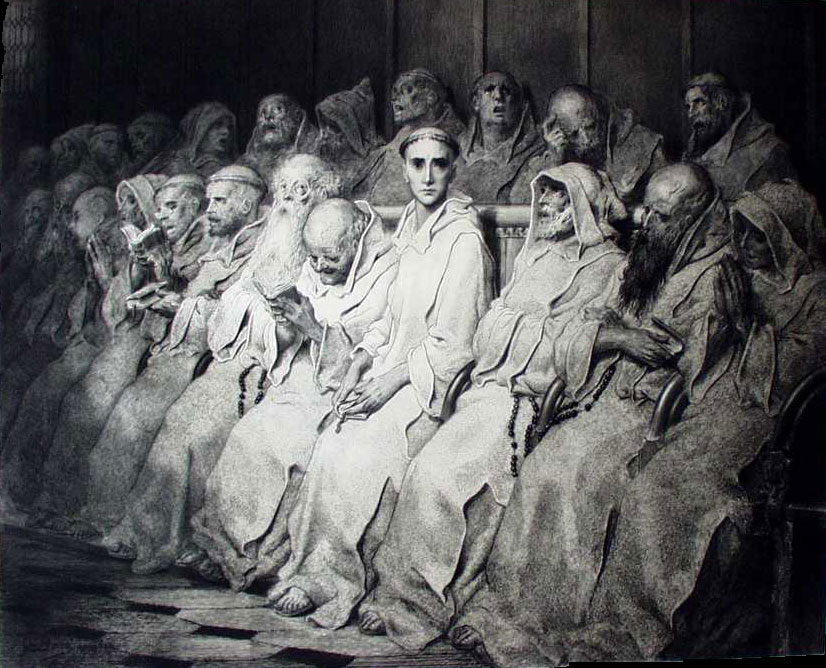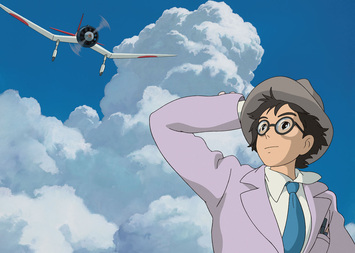
If you’re like me, you may be disappointed, initially, by this style of animation. Characters mouths, for example, are rendered by no more than a curved line. The images seem flat, and the lack of detail, especially in human figures is a little disconcerting. Certainly this style of animation can in no way compare to the bold, shadowed, hyper-real images from studios like Dream Works and Pixar which are quickly becoming the expected 'norm' in animated features nowadays.
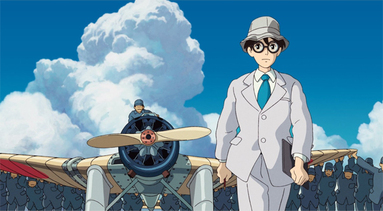

Of course the movie does make reference to the horrors of World War II. How could it not? Very near the end of the film we see another dream, a nightmare, which shows an endless vista of fire and carnage, the result, in part, of Jiro’s Zero fighter plane. Clearly Jiro feels regret, and dismay at the vision. Again, Caproni speaks to Jiro, asking, “Do you prefer a world with pyramids, or with no pyramids?” For the word ‘pyramid' you could substitute the word, ‘fighter jet’ or ‘rocket’ or ‘nuclear physics’.
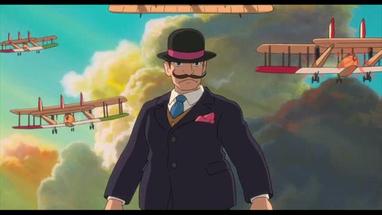
It is a deep question: can people who design weapons of war in any way be protagonists? Should we rein in these ‘beautiful dreams’ because of the dark consequences that may accompany them?
Frozen is a film I really haven’t thought about since seeing it in the theatre; The Wind Rises, on the other hand, is one I suspect will haunt me for some time to come.
I highly recommend it. 9/10
